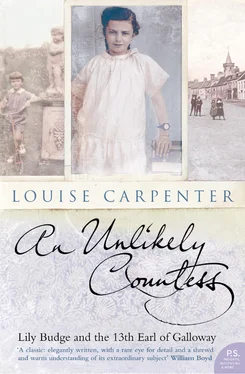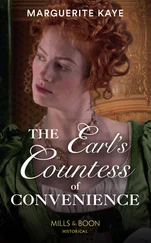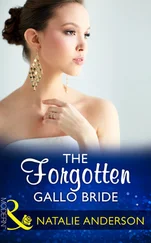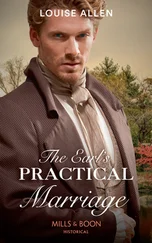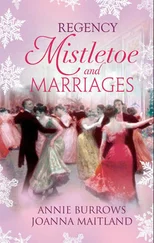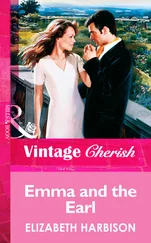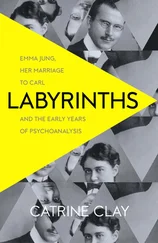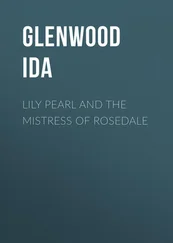If Randolph’s propensity for overeating bothered his father, it was about to flip the other way and develop into a much greater problem, one that would threaten Randolph’s physical wellbeing. Randolph’s self-imposed starvation diet – a sign if ever there was one of just how deep-rooted his unhappiness had become – began towards the end of his time at prep school. The masters and subsequently Lady Galloway were once more at a loss as to what to do with him. And yet it was in the midst of the starving and the not smiling or laughing, the growing inferiority complex and the terror of the war, that the plans were finalised for Randolph to begin at Harrow School in the Easter term of 1943.
The memory of the First World War hung over Harrow School like a spectre, but now the school buildings themselves were in danger. That Harrow, merged with Malvern School since the year before, had chosen to stay on the hill placed it at great risk, not of direct attack, but of German pilots losing their way or dropping excess loads after bombing London. Parents, sensing the immediate danger, had begun to withdraw their sons, so that between the summer of 1940 and January 1941 the numbers in the school fell by almost a quarter. During the Blitz in the autumn of 1940, for example, all the boys were transferred to overnight shelters, with separate daytime shelters, and on the night of 2 October, thirty-three school buildings were hit. The first incendiary bomb fell at the feet of the headmaster as he entered the ARP control station in the war memorial.
In his definitive account, A History of Harrow School 1324–1991 , Christopher Tyerman writes of how the school had been devastated and consequently shaped by the losses it had sustained during the First World War. Of the 2,917 Harrovians who served, 690 were wounded and 644, including Keith Stewart, were killed. In 1939 at least the school itself had been better prepared. The headmaster, Paul Vellacott DSO, had fought in the First World War and been gassed and taken prisoner. Air-raid precaution planning and classes on air-raid protection had started two years before the Second World War was declared, and detailed plans for dispersing the school during the anticipated aerial bombardment were in place by September 1938 when gas masks were issued.
If Lord and Lady Galloway had any qualms about sending Randolph to a place of such high risk, they did not change course. When Randolph unpacked his bags in the Grove, the same boarding house in which the 10th Earl of Galloway had been placed in April 1848, his parents had effectively placed his safety in the hands of the Senior ARP warden, H. L. Harris. Harris, greatly skilled at his job, would prove deserving of Lord and Lady Galloway’s confidence, but there was no escaping the fact that bombing remained a serious threat to the school until the end of the war.
Randolph’s housemaster was Mr Leonard Henry, a Scot and a first-rate historian who had been at the school for twenty-five years and housemaster of the Grove since 1935. During the First World War he had served in the Inns of Court Officer’s Training Corps, from which he was invalided out. He was a classically educated intellectual of whom a former pupil wrote in the Harrovian , ‘Joined to [his] power of breathing life into the facts of history was a genius for asking questions of them; this impelled one to think.’
Would the spirit of Harrow and the influence of such a man inspire Randolph? Would he learn to think clearly? Discuss and debate ideas? Would he acquire high standards and methods of scholarship? He would not, but Lord Galloway was not prepared to give up hope. Before Randolph left Cumloden for Harrow, John Edgar, Lord Galloway’s head gardener, had taken him for a walk around the grounds and delivered a pep talk about how best to cope with boys tormenting and niggling him. It was a prophetic act of kindness. ‘On account of my phobias and complexes as to what I did or did not do,’ Randolph wrote, ‘I was conspicuous beyond all proportion, and therefore a bit of a drip.’
It defies belief that Lord Galloway could ever have imagined that Harrow in wartime could have done Randolph anything but harm. Beginning life at the school unsettled and disorientated even the healthiest and most stable of boys. One such fellow wrote about it in the Harrovian , under the headline ‘Random Impressions Of A New-Comer’. ‘It was pretty alarming coming here in September, and the latter part of the summer holidays was somewhat clouded by the prospect. My first impression was that all the boys were very big and all the buildings very ugly … I shan’t be sorry when I cease to be a new boy.’
Randolph was assigned a room with another boy, and they had had a view of the school chapel. The following day he joined the newcomers in the fourth form room where Mr Moore, the headmaster who replaced Paul Vellacott, lectured them on the school rules, including the tipping of hats to him or any females connected with the school. There were countless others, which amounted to making Randolph’s first week ‘utterly wretched’. The Harrow in which he found himself was a long way from its halcyon pre-war days. This was not a place of exaggerated happiness and sunshine, where boys lazed about in their boaters at gloriously sunny speech days with strawberries and cream for tea in the house garden, or raucous bathing in ‘Ducker’, buying chocolate on the way. Now the boys – sixth formers and new boys alike – spent much of their time underground in the air raid shelters fashioned out of the school’s cellars, where they would stay until dawn surrounded by a tangle of bedding. The school was blacked out, and its expenditure had been cut so that only essential purchases were made. The cars that had clogged the high street before 1939 were now barely a trickle. Sirens sounded constantly throughout the night and fire bombs scorched the roofs of the school buildings. ‘I seemed to live in a hypnotized world of fright, terror and extreme infidelity,’ Randolph wrote.
War and the threat of death and injury was everywhere. Each new issue of the Harrovian contained the roll of honour – as had been the case throughout the First World War – so the boys could read of the latest dead, the old boys missing, the prisoners of war, and the wounded. Most of the fresh intake of masters under Mr Moore had fought in the First World War, and were governed by the principles of bravery, patriotism, and honour.
The Corps continued with vigour. Randolph began Junior Training Corps two months after he arrived. On Wednesdays and Fridays he and the other younger boys changed out of their grey flannels and ‘bluers’ (the Harrovian word for blazers, which replaced tails for normal dress after the First World War) into a khaki army uniform. The boys marched off, guns on their right shoulders, to the parade ground where they continued marching under the orders of Harrow’s sergeant majors. As an antidote to this compulsory activity Randolph joined the chamber concert club. Those evenings, when he would sit among the audience gathered in the music school listening to Mozart and Beethoven, provided solace, albeit brief. He was much happier there.
In all other ways he was profoundly unhappy. As he wrote himself, he was deeply frightened by his environment, and to exist in a state of such high anxiety was extremely exhausting. He grew even weaker for his determination not to take food: ‘I never touched my share of butter and sugar and utterly disregarded and ignored my sweet coupons.’ Whenever English relatives arrived, bringing with them a lemon Madeira or a canary cake, a small pleasure amid the gloom that surrounded him, Randolph would give it away: ‘I was getting progressively thinner, weaker and paler, so the boys called me a rat and a worm, a drip and a twit, even a weed as my shoulders and cheeks hollowed with my immoderate fasting.’ While the school marched onwards in its own way, clearing unexploded bombs and keeping watch for enemy planes flying over the buildings, Randolph’s weight dropped to five stone. It was hardly the spirit of strength the masters were looking for. On Friday, 5 November 1943, the epitome of that spirit arrived in bodily form.
Читать дальше
